Breaking
- MENU

When he called Indian Prime Minister Narendra Modi to congratulate on his re-election with a landslide victory, Israeli Prime Minister Benjamin Netanyahu could not hide his jealousy. According to an official clip released by his office, Netanyahu lamented: “Well, thank you for your congratulations on my victory, but there’s one difference: You don’t need a coalition, I do, and there’s a big difference.”
This difference became evident on May 29, ironically hours before Prime Minister Modi being sworn in, when Netanyahu endorsed a motion in the Knesset to dissolve itself and pave the way for new election due to his inability to form a government.
On April 9 as the exit polls were hinting at a tight race between the governing Likud and Blue and White led by former general Benny Gantz, Prime Minister Netanyahu rushed to proclaim 'victory' and forged pre-coalition deals with the religious parties. When the results were announced, both parties won an identical number of seats, 35 each with the Likud securing 0.33 percent or less than 15,000 votes more than the other. The support of the religious parties gave the impression that a Netanyahu led right-wing coalition was more comfortably placed with 65 seats in the 120-member Knesset. With only 45 seats, the centrist Blue and White decided not to venture into an arduous journey. The remaining ten seats were held by Arab parties, whose inclusion into a ruling coalition would have transformed Israel into a true democracy but they would have to wait for another time.
Despite his legendary skills of deal making, Netanyahu—who on July 16, would become the longest-serving prime minister, overtaking David Ben-Gurion— was unable to convince his former aide and present head of the Yisrael Beitenu Avigdor Liberman to join the coalition. Catering primarily to secular and Russian voters, the former aide of Netanyahu was in no mood to abandon his prime demand of compulsory military draft for the Haredi population.
Unable to reconcile the two incompatible demands of his potential partners, Netanyahu had no choice but to dissolve the house and as required by law a motion to this effect was endorsed by 74 to 45 votes, with Arab parties supporting the move. And fresh elections will be held on 17 September.
What does the new drama tell us?
One, in its seven-decade history which witnessed 21 elections, this was the first time when the Israeli parliament is being dissolved because a government could not be formed after elections. On two earlier occasions, 1984 and 1988, the impasse was overcome when Likud and the opposition Labour Party joined hands to form a National Unity Government. This time, neither the Blue and White nor the Labour Party (which had six seats) were prepared to bail the Likud leader out. Such a course would have been suicidal especially in the light of the impending indictment of Netanyahu over corruption charges.
Two, originally the April elections were not due until November this year, but due to coalition crises, Netanyahu dissolved the house and advanced it by seven months. He was hoping to cash on the growing economy, political support from Washington and greater Israeli acceptance in the Middle East. The dissolution of the parliament last December only marginally increased the number of seats won by the Likud but it was still far short of the magic number of 61. As a result, Israel would be having a second election within the same year.
Three, in the broader context of peace, the year will be a washout as no meaningful progress or engagement is possible before a new government is in place in Israel. Given the pattern of Israeli electorates and multiplicity of parties, this will not happen before late October or early November. If media reports in Israel are an indication, there would be greater clarity by then over the timeline for Netanyahu's indictment. Hence, the much talked about deal-of-the century touted by the Trump Administration will not happen this year.
Predicting the unpredictable is always a challenge in the Middle East and the dissolution of the Knesset is just the latest reminder.
Note: The article was originally published as IDSA West Asia Watch, Volume 2 Issue 2 March- April 2019 and is published with the permission of the author. Web link
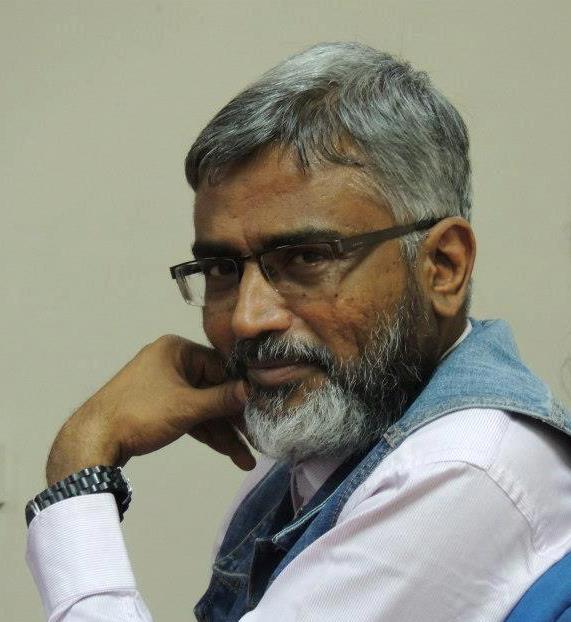
Professor P R Kumaraswamy is Honorary Director of MEI@ND.

When peace is viewed as ‘surrender’, there is little one can accomplish. Without an effe.....

The magnitude of the missile attack on Israel carried out by Iran in the early hours of Sunday was u.....
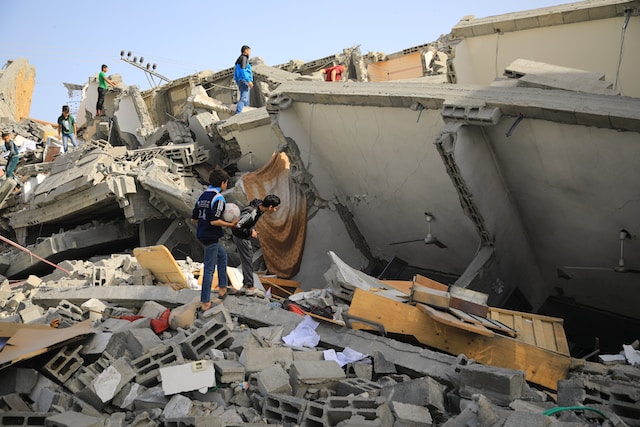
While the details are still emerging, the Hamas attacks from the Gaza Strip on Saturday were well pl.....

The Libyan controversy reminds us of the more significant problem facing Israel. While the scale and.....
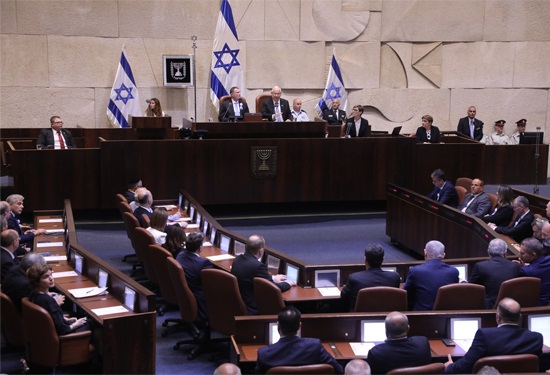
64-0! It should be an impressive vote in any country, especially in Israel, where a simple parliamen.....

King Bibi is back! After one year in the Opposition, Benjamin Netanyahu, a close friend of Prime Min.....

Political instability is an integral and inseparable part of Israel’s landscape. For the fifth.....

Even by the Israeli standard of coalition fragility, the Bennett-Lapid government, which completed o.....
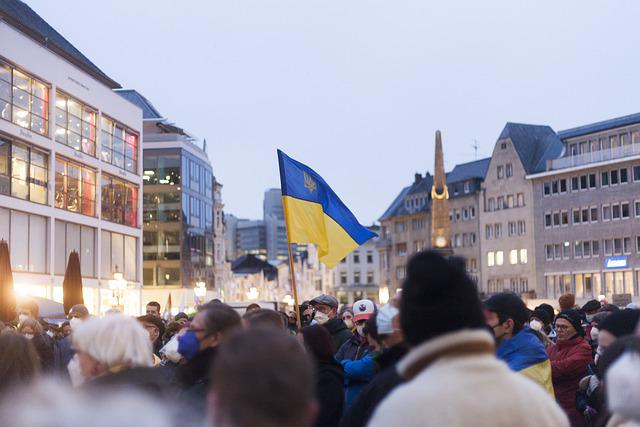
Soon to enter its fourth month, the Russian invasion of Ukraine has made irreversible damages to glo.....
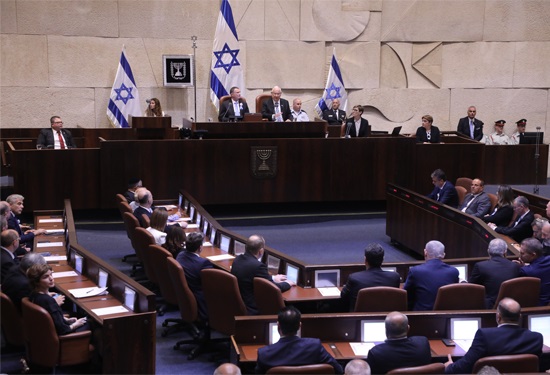
The visit of Israeli Prime Minister Naftali Bennett to India scheduled for last week had to be cance.....

The drone attack on Abu Dhabi on Monday (January 17) by the Houthi rebels marks a major escalation o.....
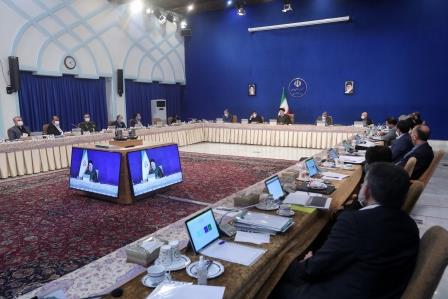
Of late, Israel-Iran shadow-boxing has been getting ominous. If Israel’s diplomatic offensive .....

In early November, Moscow hosted Mohammed Dahlan, a former right-hand man of Palestinian leader Yass.....

Nearly three decades after Prime Minister P V Narasimha Rao broke from the past and normalised relat.....
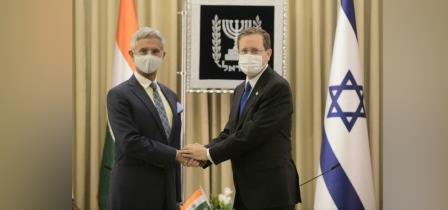
Earlier it was Pakistan and now China. So whatever India does and does not do externally has to be l.....

In several ways, the Taliban takeover of Afghanistan can be a game-changer in India’s worldvie.....
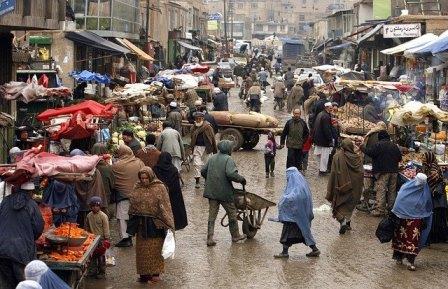
The Taliban takeover and its fallout exposed the limited diplomatic space for India in its immediate.....

Given the travel restrictions, local lockdown and sluggish economic revival, that over three lakh pe.....
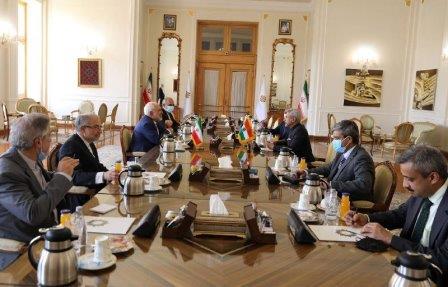
Since 2005, some critical decisions over Iran have been taken by the MEA’s US Division. So que.....

“Bibi dethroned”. This is the expression used in the Israeli media to describe the forma.....
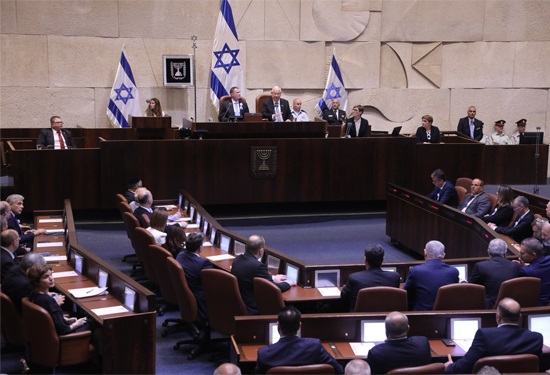
Despite having a woman prime minister in Golda Meir, female political representation in Israel has n.....

The most interesting aspect of the new Bennett-Lapid government in Israel is the emergence of Mansou.....

When it comes to mediating international crises, India’s track record is a mixed bag. In recen.....

Going by the Israeli media, it is clear that the arm-twisting by the Biden Administration forced the.....

Indeed, Hamas is better placed today than it was in January 2006 and the current round of violence i.....

While the international community wants de-escalation and an early end to the conflict, the chances .....
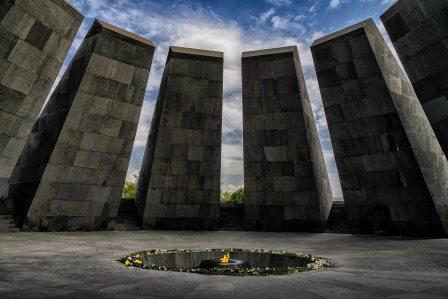
Ending the past silence, US President Joe Biden marked the Armenian Genocide Remembrance Day of Apri.....

The visit of Foreign Minister of Bahrain Abdullatif bin Rashid Al Zayani to India during 6-8 April r.....
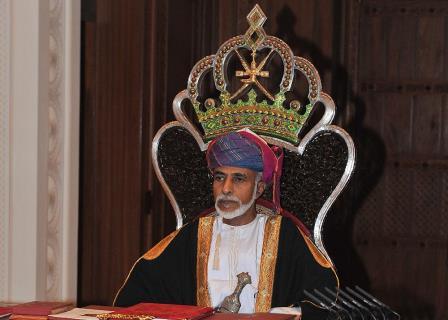
By posthumously bestowing the Gandhi Peace Prize for 2019 upon Sultan Qaboos of Oman, New Delhi seek.....
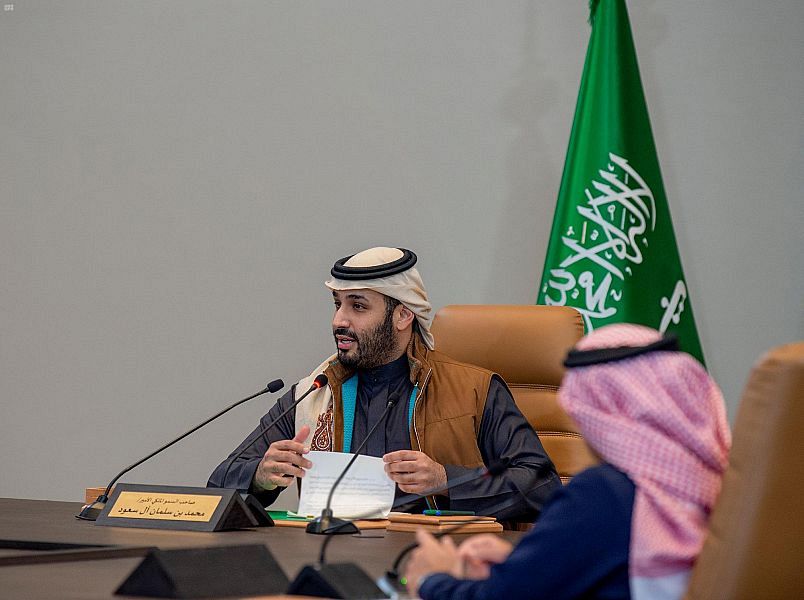
Much to the displeasure and discomfort of Saudi Crown Prince Mohammed bin Salman (more widely known .....
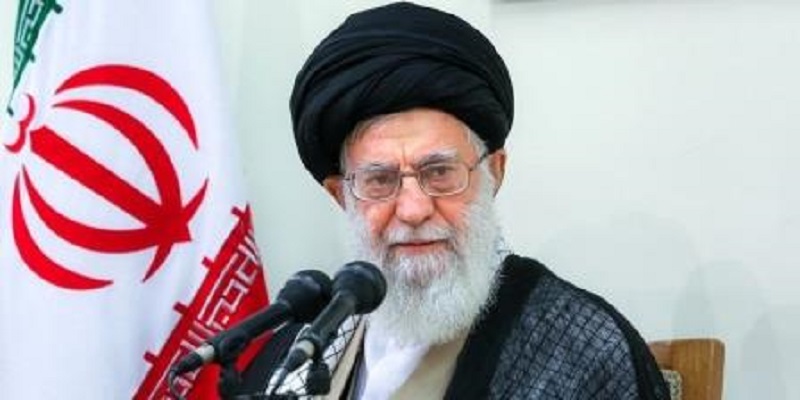
The nomination of Robert Malley, a veteran hand in Washington policy circles, as the Special Envoy f.....
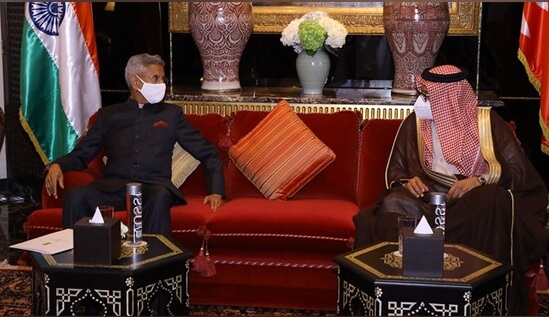
The two-day visit of External Affairs Minister S Jaishankar to the United Arab Emirates last week is.....

United Arab Emirates’ (UAE) decision to normalise relations with Israel is the most dramatic e.....
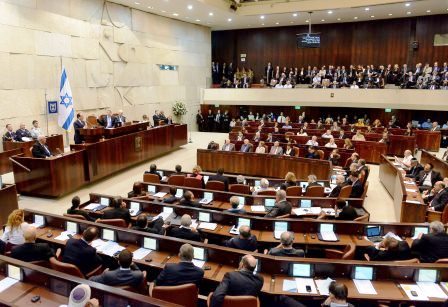
Declaring victory moments after the polling ends has become the hallmark of Benjamin Netanyahu; and .....

Israel went to polls for the 23rd Knesset on 2nd March. The third parliamentary elections within one.....
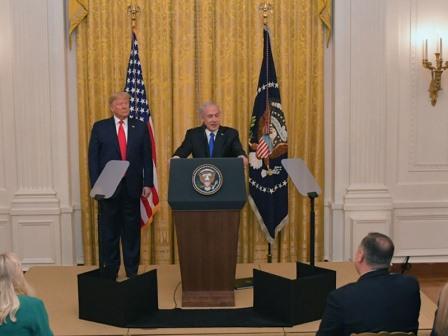
With possible removal from office hanging over their heads, US President Donald Trump and Israeli Pr.....
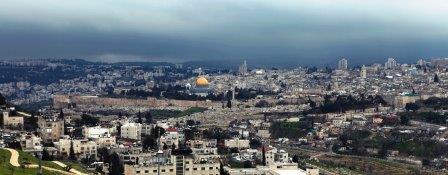
US Secretary of State Mike Pompeo’s sudden and unexpected announcement regarding Israeli settl.....
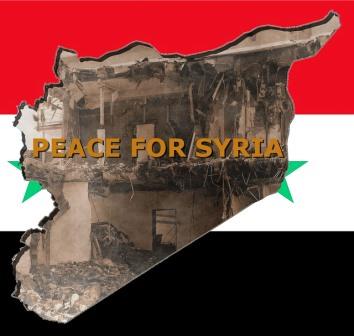
US President Donald Trump’s decision on imposing sanctions on Turkey has rocked the ever-turbu.....
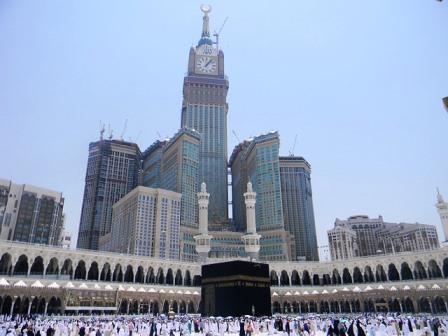
Prime Minister Narendra Modi’s two-day visit to the Kingdom of Saudi Arabia this week highligh.....
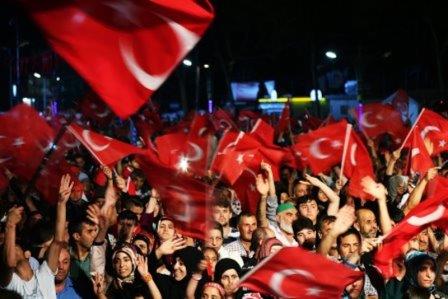
Prime Minister Narendra Modi's reported decision to postpone a planned visit to Turkey comes a c.....
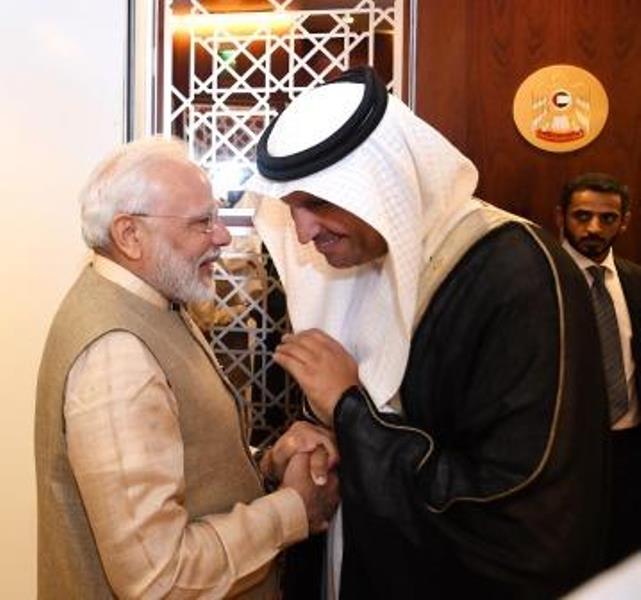
With the sole and notable exception of Pakistan, India's relations with the wider Islamic world .....
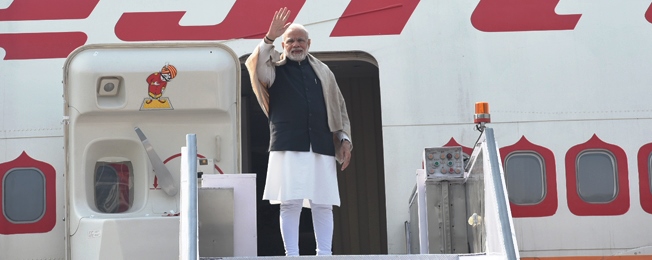
For a long time, India’s relationship with its extended neighbourhood in the Persian Gulf was .....

The Israeli legislative or Knesset election last week has turned out to be a rerun of the 9 April on.....
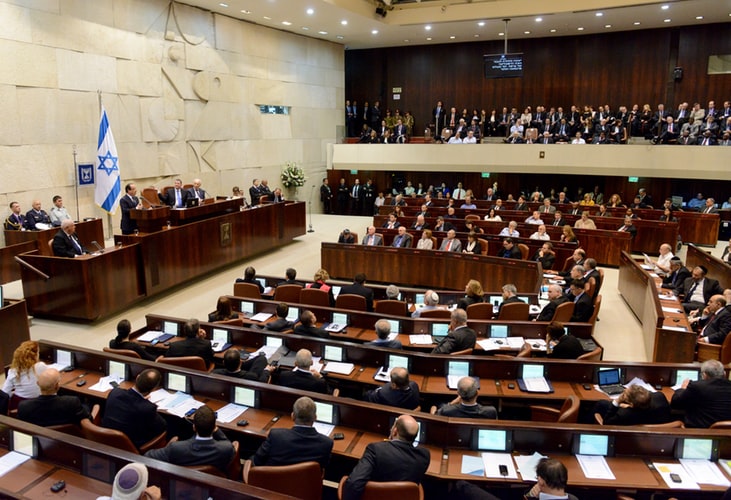
Will 2019 see a third Knesset election? This question is going rounds in Israel as it faces the seco.....
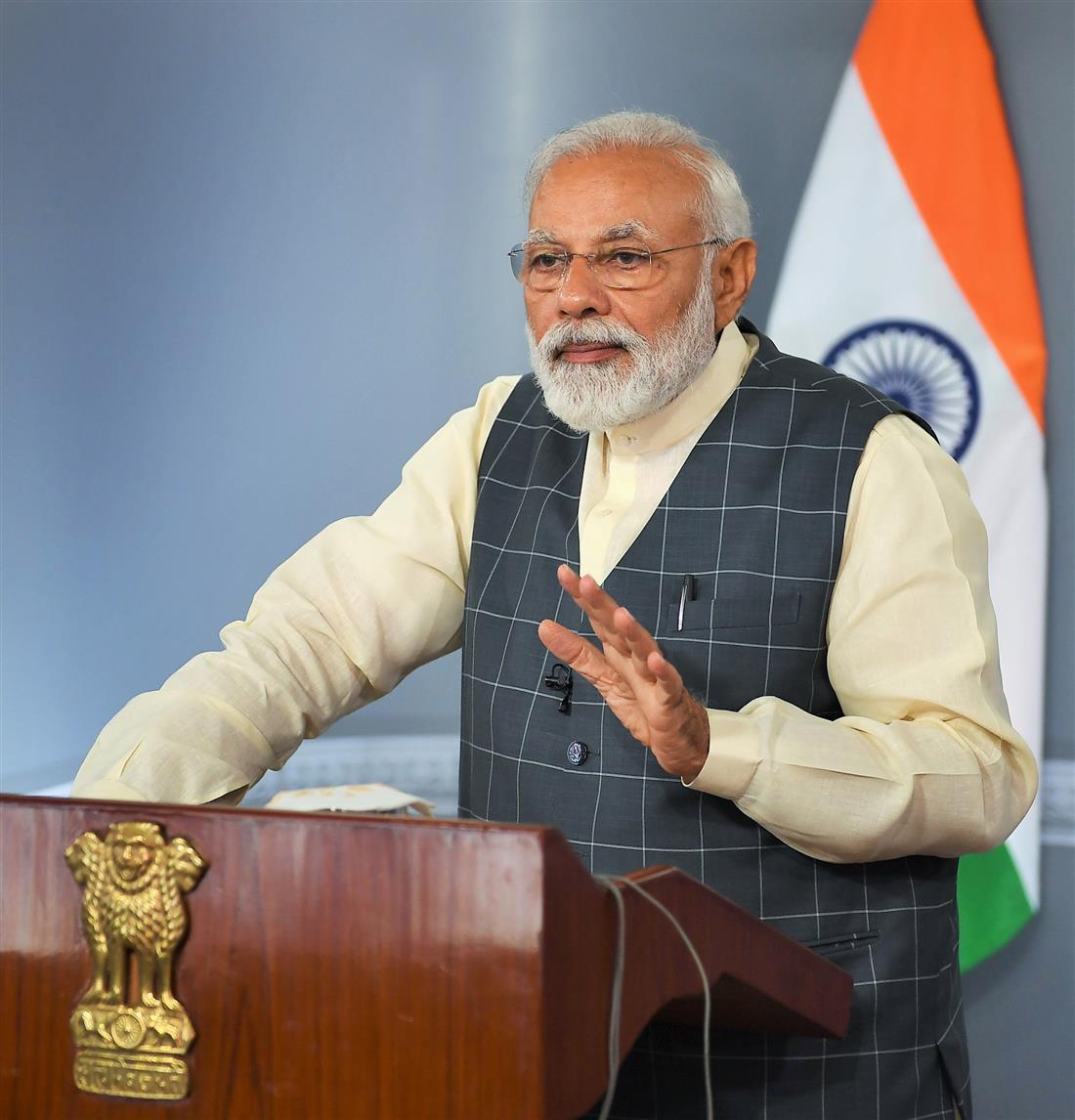
The resounding re-election of Prime Minister Narendra Modi is a blessing for India's relat.....
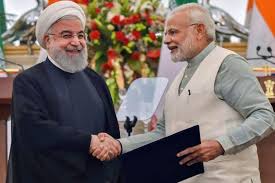
Iran is back in the news and for all the wrong reasons. It has been the unnecessary third .....
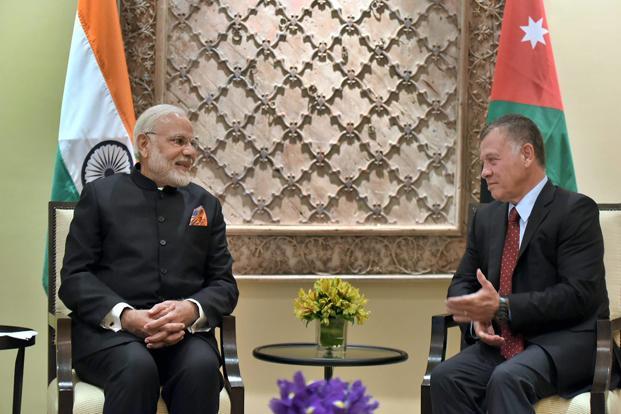
During the close to a century of its existence, the Hashemite Kingdom of Jordan has been, as former .....

In their eagerness to focus on and flag the de-hyphenation of the traditional Israel-Palestinian bin.....
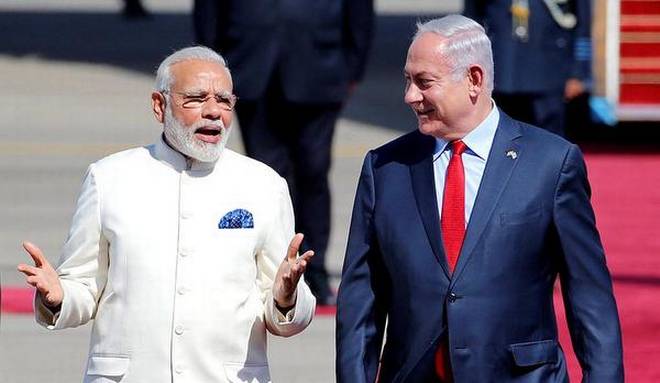
In the closely scrutinised India-Israel relationship, there is little in the public domain that rema.....

You know what, it will go to the dustbin’ my articulate friend was blunt, brutal but.....

Balfour Declaration, A Century Later If one were to make a list of the most influential.....
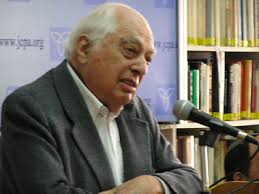
Professor Bernard Lewis—a towering personality on the Middle Eastern academic landscape—.....

B orn in Poland on 2 August 1923, Szymon Persk who later Hebraised his name as Shimon Peres was the leader.....
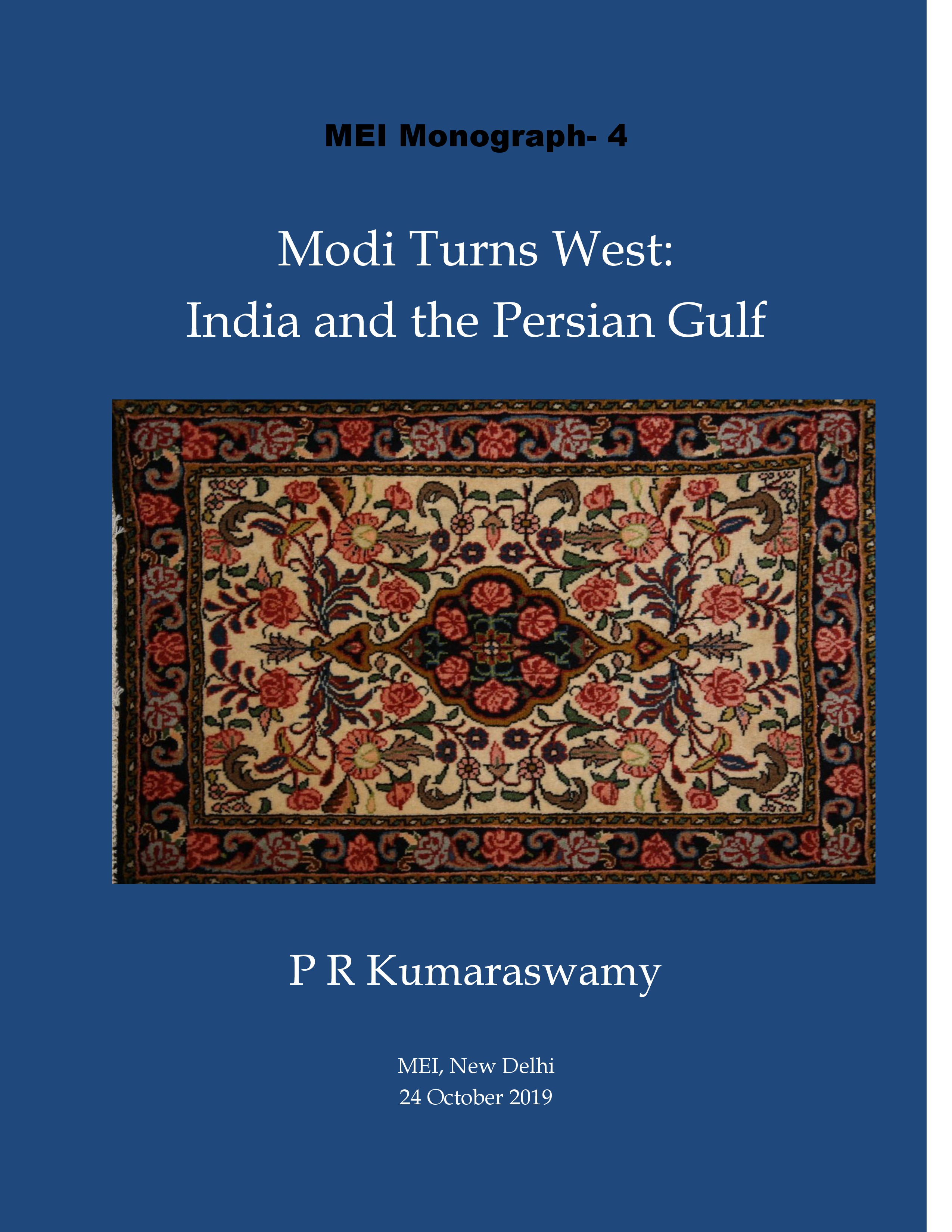
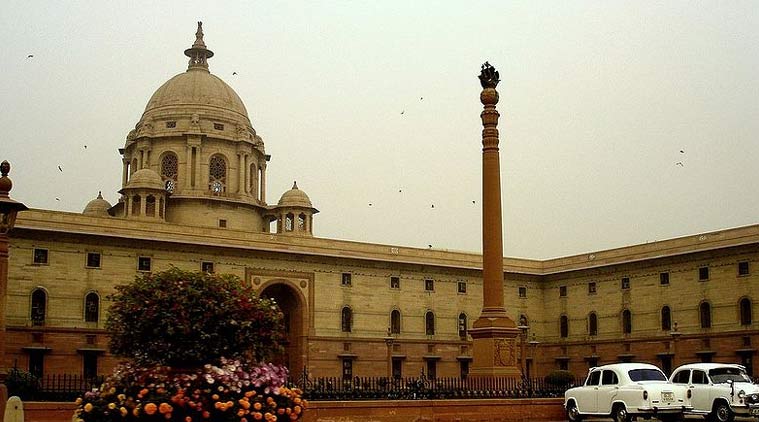
W hat What began as a protest by a marginalized vegetable vendor in Sidi Bouzid in Tunisia soon spread lik.....
